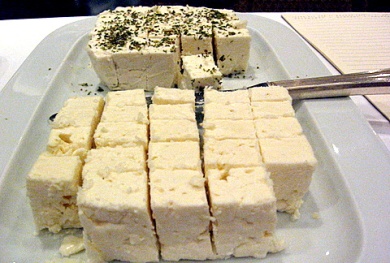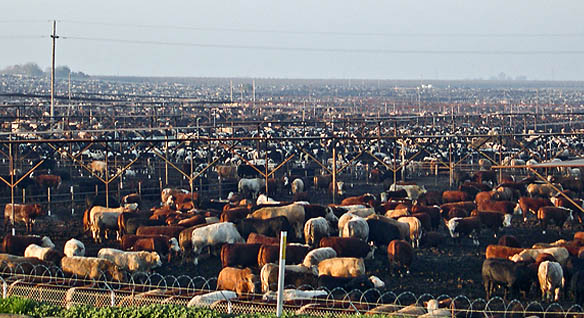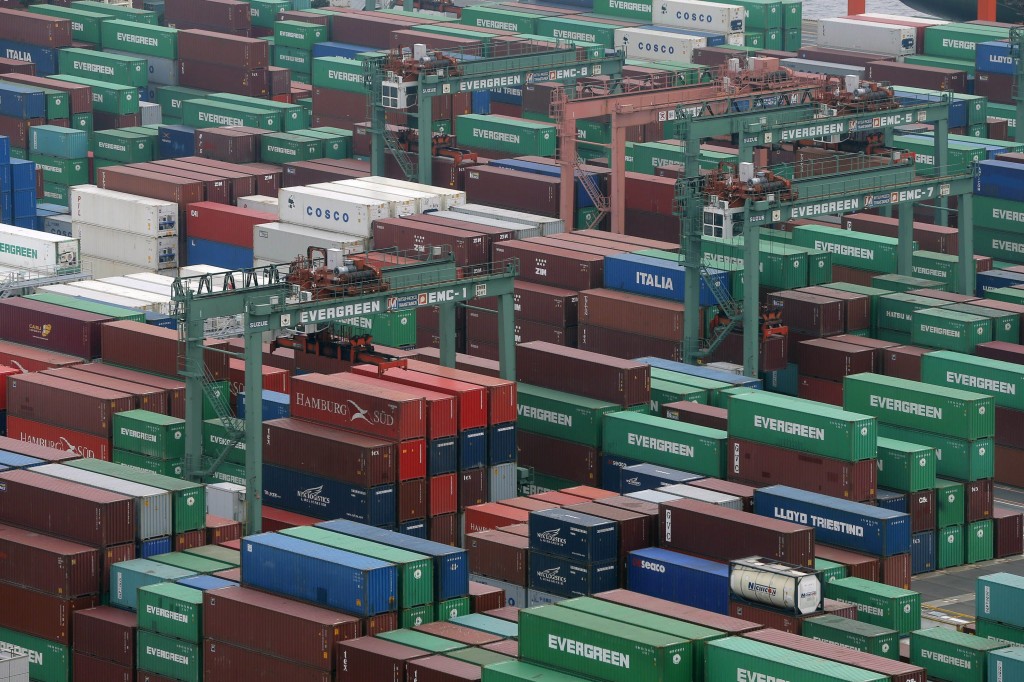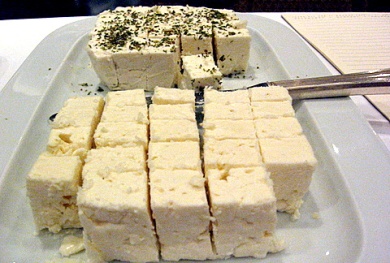Disputes over food safety standards – what in the language of trade policy are called sanitary and phytosanitary standards (SPS) – have been at the heart of many transatlantic trade rows between the US and the EU. We can think of the EU bans on the import of hormone-treated beef, or pork treated with growth-promoting additives, or poultry washed in antimicrobial rinses to reduce the amount of microbes on meat. As a result, the potential impact of the ongoing negotiations to reach a Transatlantic Trade and Investment Partnership (TTIP) free trade agreement between the US and EU on EU food standards has, rightly, attracted a lot of attention and no little anxiety.… Read the rest
What endgame for GIs in the TTIP negotiations?
I have previously written on the importance that the EU places on extending protection for its geographical indications (GIs) in its negotiations with the US on a Transatlantic Trade and Investment Partnership (TTIP) agreement. In that post, I looked at how the protection of GIs was addressed in a number of recent EU free trade agreements, notably those with South Korea (EUKOR) and with Canada (CETA).
GIs remain one of the tough nuts to crack in the TTIP negotiations, for reasons I outline in this presentation. In a recent update on the outlook for the TTIP talks from Bloomberg, its report included GIs along with certain agricultural tariffs and sensitivities on government procurement and financial services as among the endgame issues where a resolution would only be expected as part of the political trade-offs at the end of the talks.… Read the rest
TTIP and the potential for US beef imports
Beef is generally considered to be a sensitive sector in the EU-US negotiations on a possible Transatlantic Trade and Investment Partnership (TTIP) agreement. Currently, imports of beef from the US are limited by high tariffs and by the refusal of the EU to allow the import of beef produced with the aid of pharmaceutical technologies such as hormones and beta-agonists (a class of non-hormonal compounds that act to increase feed efficiency).
Nonetheless, EU imports of non-hormone-treated beef from the US have been increasing in recent years. Different views have been expressed about the likely consequences for the EU beef market if market access were further liberalised under a TTIP agreement.… Read the rest
Forum for the Future of Agriculture 2015 – Remarks on EU agricultural trade policy
The 8th Forum for the Future of Agriculture (FFA2015) was held yesterday in Brussels. This annual meeting, organised jointly by the European Landowners’ Association and Syngenta, attracts around 1400 participants and has established itself as one of the principal fora for debate on the future of agricultural policy. What makes the event interesting is that it attracts a good number of participants from among farmers and the agri-business sector while also being open to environmental NGOs and others critical of current agricultural practices.
The theme for yesterday’s meeting was the UN Sustainable Development Goals and possible implications for EU agriculture, with contributions from both Commissioners Hogan (Agriculture) and Vella (Environment, Maritime Affairs and Fisheries).… Read the rest
Geographical indications (GIs) in the US-EU TTIP negotiations
The US Agriculture Secretary, Tom Vilsack, was in Brussels this week, among other things to have lunch with EU Agriculture Ministers during their monthly Council meeting. He also took the opportunity to have a discussion with Commissioner Ciolos on some of the agricultural issues that are proving difficult to resolve in the ongoing negotiations on the US-EU Transatlantic Trade and Investment Partnership (TTIP) free trade agreement.
One of these issues is the EU demand that the US should recognise and protect the EU’s list of geographical indications (GIs). Geographical Indications are defined in the WTO as “indications which identify a good as originating in the territory of a Member, or a region or locality in that territory, where a given quality, reputation or other characteristic of the good is essentially attributable to its geographical origin”.… Read the rest
Food safety in the US-EU TTIP negotiations
There is widespread concern that the ongoing negotiations on a transatlantic free trade area between the US and the EU, known as the Transatlantic Trade and Investment Partnership (TTIP), may result in a watering-down of EU food safety standards under US pressure to remove measures which are perceived as barriers to trade.
According to a report from the US-based NGO the Centre for Food Safety, “many analysts believe that a central aim of the negotiations is to dismantle many food safety regulations that corporations view as impediments to trade and profitmaking.”
Less dramatically, the European Consumer Organisation BEUC notes in its position paper that: “[…] the EU food legislative framework guarantees consumers a high level of protection and information.… Read the rest
Does TTIP (and TPP) require TPA?
I suspect that many readers will find the acronyms in the title of this post puzzling, so let me explain. This is a post about trade policy, and especially about the dependability of the US as a negotiating partner in its negotiations with the EU on the free trade agreement known as TTIP – the Transatlantic Trade and Investment Partnership – billed on the DG Trade website as ‘the biggest trade deal in the world’ and due to be completed by December this year.
The TTIP talks also encompass food and agricultural products. The goal is to eliminate all tariffs on both agricultural and non-agricultural trade between the two counties.… Read the rest




